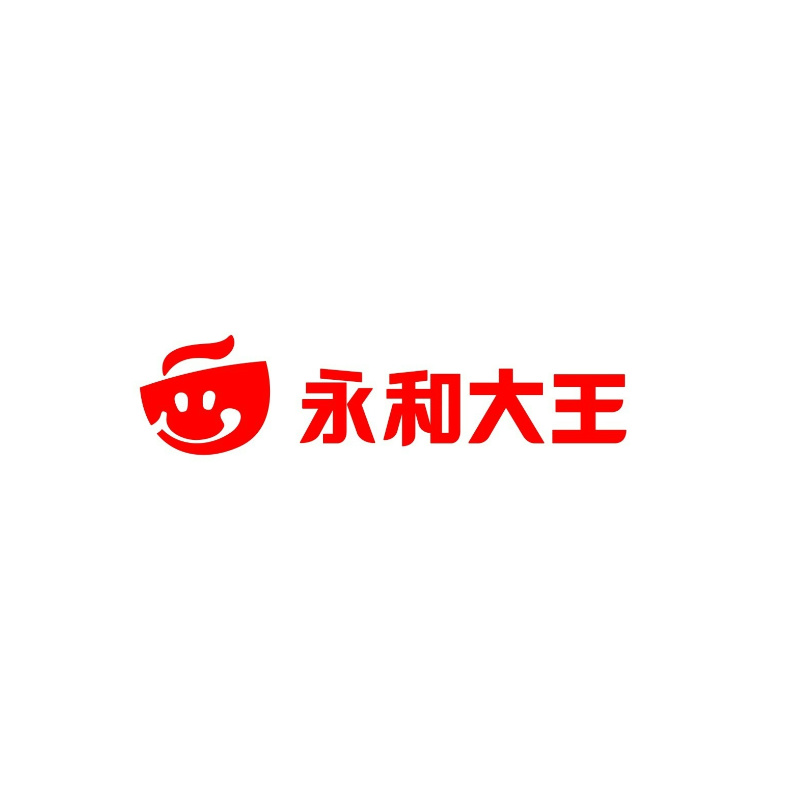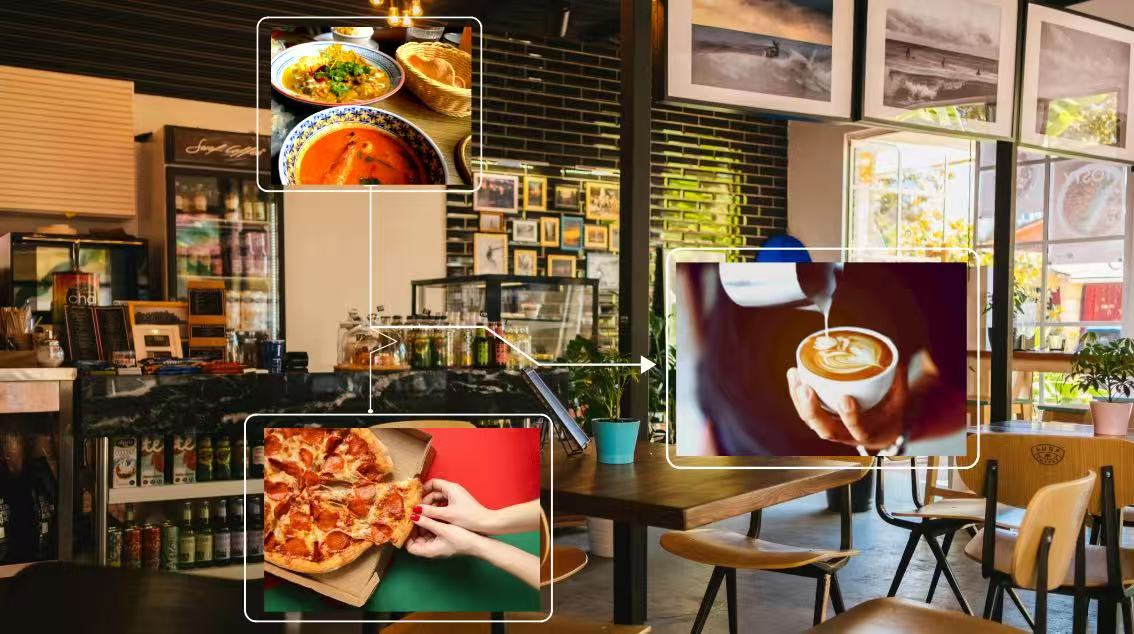Trends
1、With a large number of international chain restaurant enterprises rapidly entering the domestic market, the overall business philosophy of the domestic catering industry has undergone a great transformation (grouping, multi-brand operation, de-chefing, central kitchen, centralized procurement and distribution, and docking of take-away platforms), as well as the vigorous development of various sub-systems, which has led to a real digital transformation of the chain restaurant industry;
2、The domestic head of catering and tea drinking enterprises to accelerate the sea, the trend of domestic and foreign integration is obvious.

Key Challenges
There are many standardized software in the domestic catering industry, and it is difficult to flexibly expand the fine management and personalized requirements.
-
More subsystems
POS, WMS, various takeaway platforms, system docking and integrated flow requirements;
-
Catering replenishment plan personalized requirements
Stores 1,000 yuan dosage replenishment model, the central kitchen 10,000 yuan dosage model and MRP;
-
High food safety requirements
Full-process batch and validity traceability; standardized management of central kitchen production, equivalent to the complete process control requirements of food processing enterprises.

Solutions
Hitpoint Cloud has deep practical experience in the chain restaurant industry, and the complete industry solutions include store development, store operation (store sales and inventory), supply chain (centralized procurement and central kitchen production), group finance, multi-system docking (POS, WMS, etc.), and personalized solutions for the catering industry (1,000 yuan usage / 10,000 yuan usage model, etc.).
1、Store development: systematic control of the entire process from site selection to decoration to opening of the store;
2、Store operation: integrated management of purchase, sales and inventory, sales forecasting and replenishment through the $1,000 dosage model, and POS docking;
3、Supply Chain Management: This includes the management of personalized catering master data, purchasing agreements, and the MRP (Material Requirements Planning) and production processes of the central kitchen;
4、Batch Traceability and Expiry Date Management: This pertains to the traceability of catering raw materials, semi-finished products, and finished products, along with the management of their expiry dates;
5、Personalized Group Financial Control: This involves managing inter-company transfers and returns, summarizing related transaction data at month-end, and automating financial processing.
Related Cases
-


Yonghe King
Helping the Jollibee Group to have transparent control over Yonghe King shops in China and Asia Pacific
Learn More
-


Domino’s Pizza
Helping Domino’s Pizza China (DPC Dash) to efficiently operate 1000+ shops and central kitchens in China
Learn More
-


Thai Town
Realisation of Thai Town's multi-subsidiary, multi-brand, integrated operation of online and offline shops and central kitchen factory
Learn More
-


Blue Bottle Coffee
Helping Blue Bottle Coffee to realise refined management and integrated online/offline operation of domestic quality shops, integrated management of roasting factories and third-party warehouses
Learn More
Latest News
-

 Marketing Events 2024/12/19
Marketing Events 2024/12/19【Cloud Dynamics Event Review】The New Energy Outbound 2.0 Era: Oracle NetSuite and Hitpoint Cloud Join Hands to Explore a New Chapter in Digital Transformation of New Energy
Learn More
-

 Marketing Events 2024/12/11
Marketing Events 2024/12/11【Cloud Dynamics | Event Invitation】 "Oracle NetSuite Helps New Energy Companies Draw a Gorgeous Chapter in the Global Map" event registration is now open.
Learn More
-

 Digital Transformation Guide 2024/12/03
Digital Transformation Guide 2024/12/03Hitpoint Cloud: The Winning Strategy for Shokz Technology's Global Journey
Learn More















